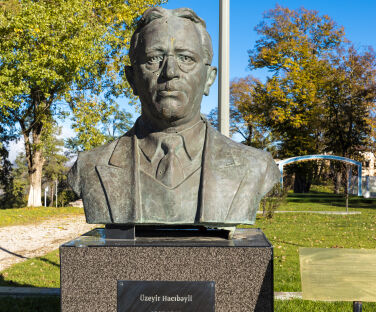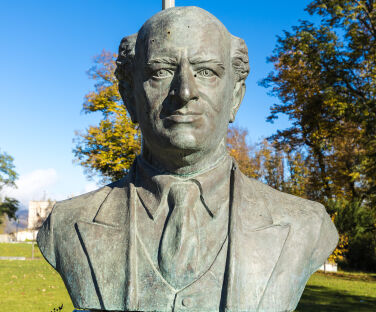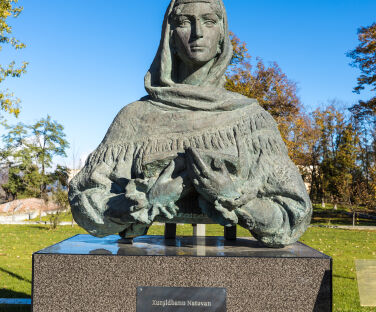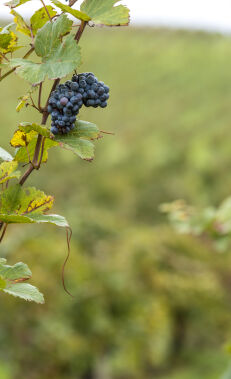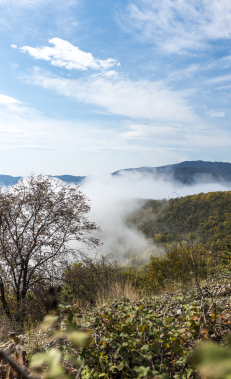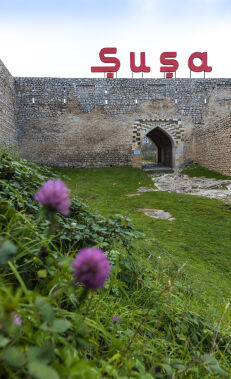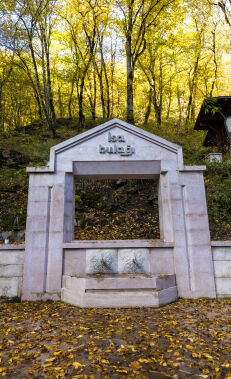cultural luminariesfrom the streets of Shusha
A city of such beauty cannot fail to produce poets. Khurshidbanu Natavan, the beloved poetess and last heir of the Karabakh khans, holds a special place in Azerbaijani literature. Known for her poetic prowess and charitable works, Natavan's legacy includes the establishment of the famous Khan Gizi Spring in Shusha, symbolising her enduring generosity. Her contributions to Azerbaijani literature continue to be celebrated, reflecting the city’s deep literary heritage. Perhaps only the celebrated poet Molla Panah Vagif commands the same level of esteem among Shusha’s literary progeny.
Gifted musical figures hold a great influence over the landscape of Azerbaijani and global culture. Uzeyir Hajibeyli, celebrated for composing the first opera in the East, grew up in the vibrant musical ambience of Shusha. Bulbul, born Murtuza Mammadov, is another towering figure in Azerbaijani musical culture, with his exceptional vocal range and creativity that earned him international acclaim as one of the most revered opera singers of his time. Niyazi Taghizadeh, a maestro of Azerbaijani music, played a crucial role in developing the national conducting school. His compositions, including operas and symphonic works, have significantly contributed to Azerbaijan's musical heritage, earning him accolades both at home and abroad.
And then there is the uniquely Azerbaijani ‘Mugham.’ Khan Shushinski, a prominent representative of Azerbaijani Mugham music, is another luminary of Shusha. Celebrated for his mesmerising vocal style, his renditions of songs like 'Gara Goz' remain popular to this day. Another towering figure is Fikrat Amirov, known for his symphonic mughams that blend Eastern and Western musical elements, gaining worldwide recognition.




